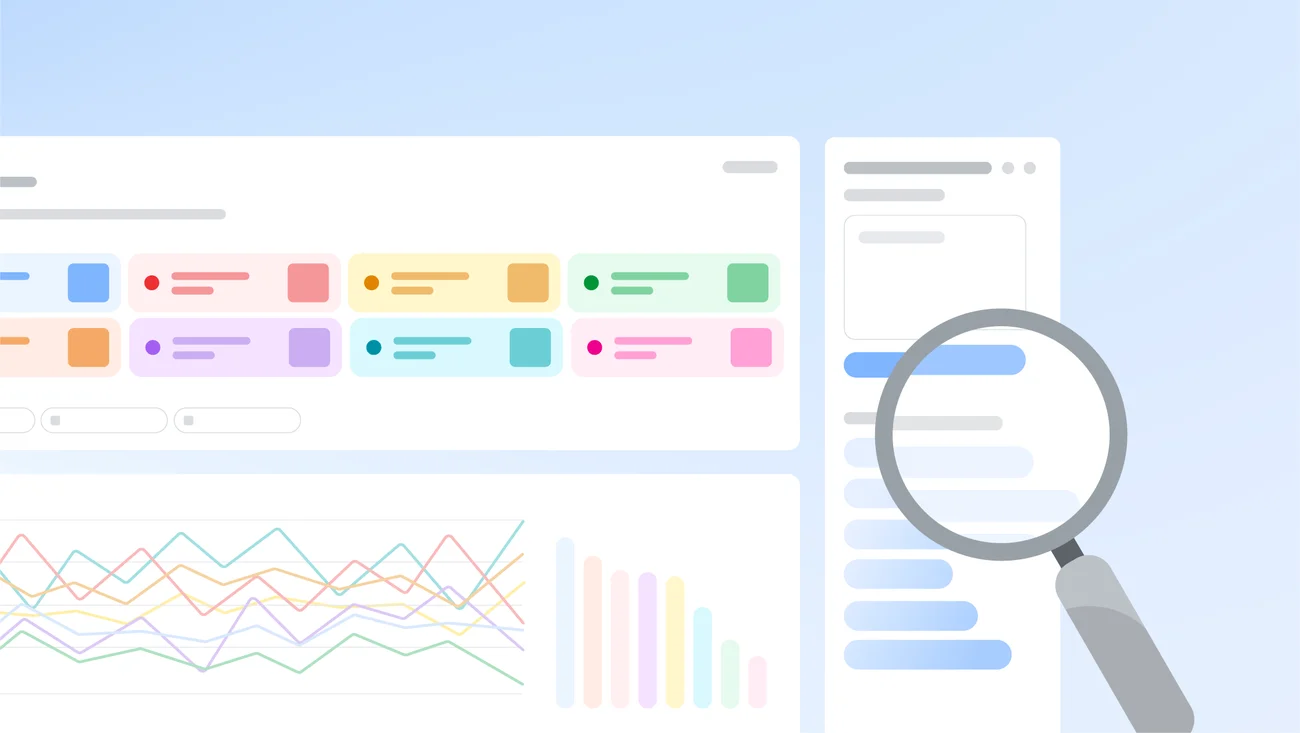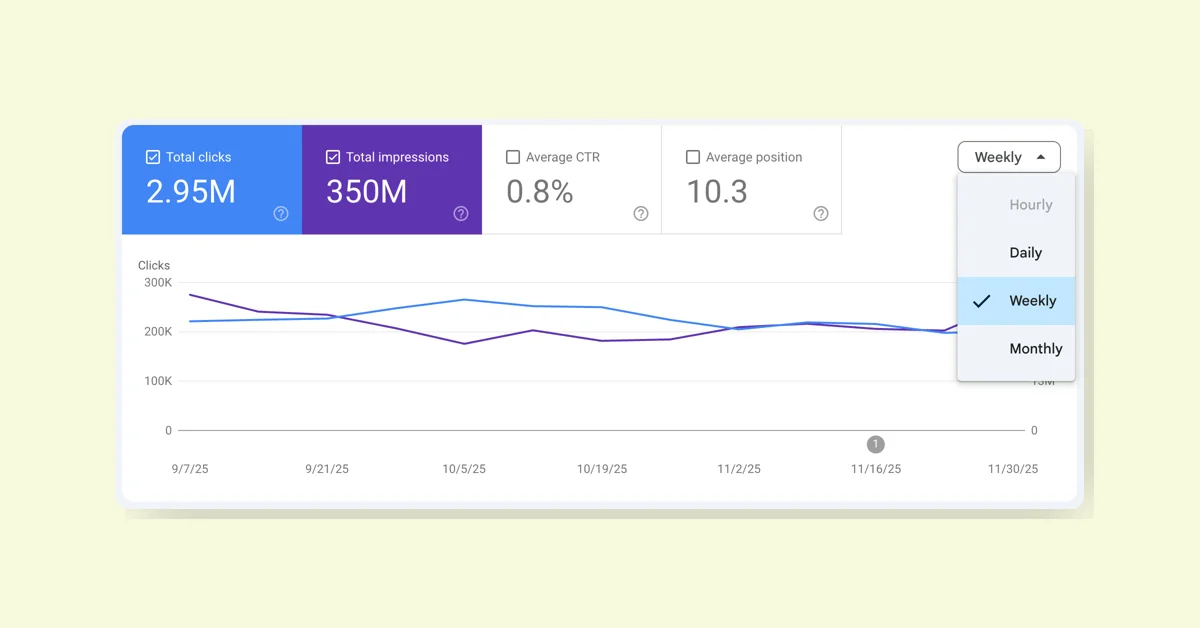Emotional intelligence (EQ) is crucial in both personal and professional settings, aiding in conflict resolution, empathy, and relationship building. In SEO, where collaboration across various disciplines and cultures is common, EQ is essential for effective communication and achieving shared goals.
Key Points:
EQ in SEO:
- Helps manage relationships with diverse teams.
- Important for negotiating different KPIs.
- Essential for saying "no" to unrealistic expectations.
What is EQ?:
- Coined by Peter Salovey and John D. Mayer in 1990.
- Defined as the ability to understand, use, and manage emotions positively.
- Daniel Goleman emphasized its importance over IQ in his book "Emotional Intelligence: Why It Can Matter More Than IQ".
Components of EQ:
- Self-awareness: Understanding one's own emotions and their impact.
- Self-regulation: Controlling one's behavior and emotions.
- Motivation: Self-motivation without reliance on external rewards.
- Empathy: Understanding and considering others' feelings.
- Social Skills: Effective collaboration and leadership.
Importance of EQ:
- 71% of employers value EQ over IQ.
- Improves physical and psychological health.
- Enhances academic and business performance.
- Essential for forming meaningful relationships.
Physical and Mental Health:
- High stress affects physical health (e.g., blood pressure, immune system).
- Uncontrolled emotions lead to mental health issues (e.g., anxiety, depression).
EQ in SEO:
- Crucial for building relationships with journalists and stakeholders.
- Helps in understanding and aligning with the board’s KPIs for buy-in.
Difference Between Low EQ and High EQ:
- Low EQ: Easily upset, emotional outbursts, insensitive, struggles with relationships.
- High EQ: Calm, tactful, team player, helps others, understands emotional links to behavior.
Testing and Improving EQ:
- Free EQ tests available on MindTools.com, Psychology Today, MyFrameworks.org.
- Improvement tips: self-awareness, empathy, mindfulness, active listening.
Active Listening Tips:
- Balance speaking and listening.
- Pay attention to nonverbal cues.
- Be present and avoid interrupting.
- Understand and confirm others' perspectives.
Improving EQ fosters better communication, collaboration, and long-lasting relationships in both professional and personal life.



















